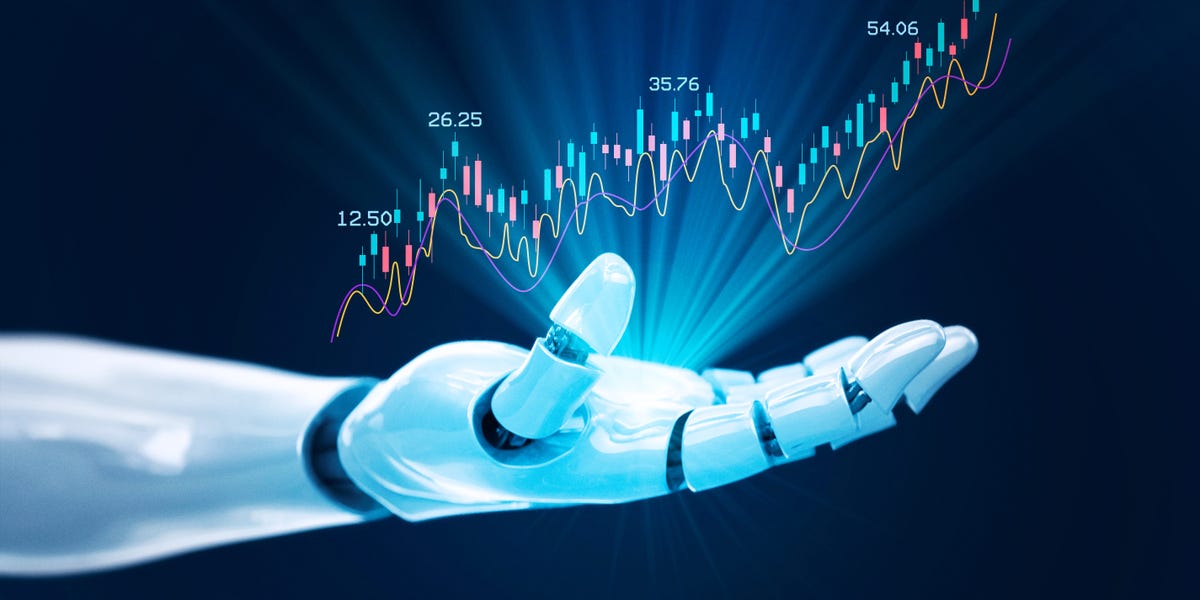As a senior college student on the brink of entering the professional realm, I often ponder and occasionally experience apprehension regarding the impact of AI on my job prospects and future work dynamics.
As an aspiring professional in the communications domain, I have encountered advice from mentors and former colleagues cautioning me against pursuing this career path. One individual warned me about the potential obsolescence of jobs in the next five years due to the proliferation of AI platforms like ChatGPT. Another ex-colleague discouraged me, citing the prevailing uncertainty surrounding AI’s influence on the writing industry.
Amidst this rapidly evolving landscape, I grapple with the decision of whether to embrace or dread the advancements in AI technology. The escalating integration of AI poses a substantial threat to various professions, as evidenced by the events of May 2023 when nearly 4,000 individuals lost their jobs due to technological advancements.
Furthermore, recent negotiations during the Hollywood screenwriters’ strike predominantly revolved around constraining the utilization of AI in the creative process. Following a five-month-long standoff, the Writer’s Guild of America (WGA) ultimately secured a contract imposing stringent limitations on the incorporation of AI in screenwriting.
This agreement stipulates that narratives produced by AI shall no longer be classified as “literary material,” thereby disqualifying them as viable storylines or scripts. Through these regulatory measures, the WGA endeavors to safeguard the livelihoods and creative contributions of screenwriters from being usurped by AI.
Undeniably, the discourse surrounding AI underscores its potential to disrupt conventional job roles, instigating widespread concerns. Nevertheless, as students on the cusp of professional endeavors, it is imperative to critically evaluate both the capabilities and limitations of AI.
While AI may proficiently craft an overdue essay with remarkable speed, its output may lack essential nuances and proper source citations. Crucially, it inherently lacks the human touch—a fundamental aspect that distinguishes human-authored content. While the repercussions of submitting a subpar AI-generated essay may be disheartening, it underscores a broader issue beyond academia.
Research indicates that AI falls short in comprehending creativity, strategic thinking, and, notably, empathy-driven interpersonal skills—qualities paramount in addressing contemporary societal disparities and transitions. It is prudent to exercise caution in over-reliance on this burgeoning technology, which, devoid of human essence, may prove inadequate in human-centric contexts. Who would willingly immerse themselves in content devoid of the human touch that defines our social interactions?
While the advancement of AI is inexorable and harbors commendable advantages, prudence dictates a judicious approach to its integration. Educating ourselves on AI’s capabilities and limitations empowers us to make informed decisions regarding its utilization. Therefore, before submitting an essay authored by ChatGPT, reflect on the intrinsic qualities it lacks and contemplate how it measures against your own attributes as both a writer and an individual.






